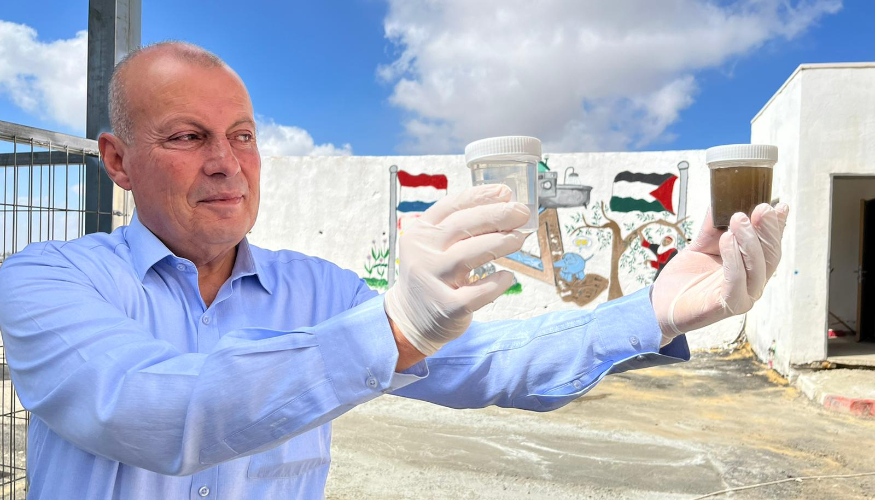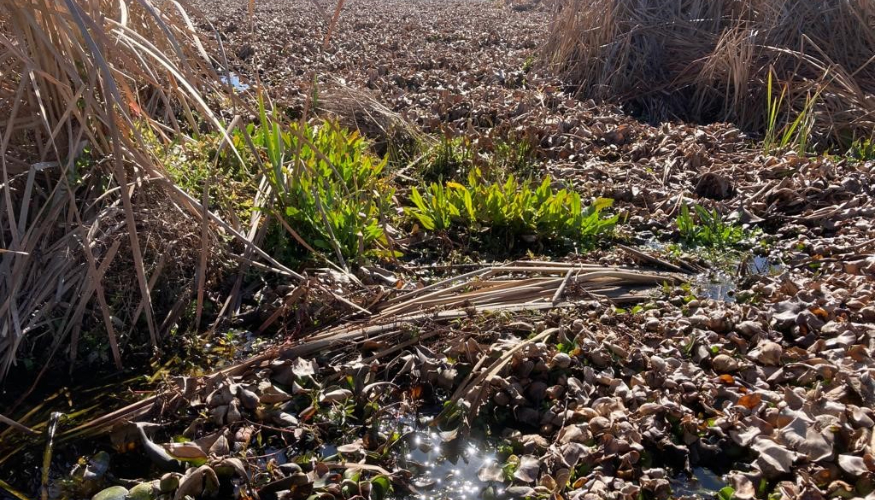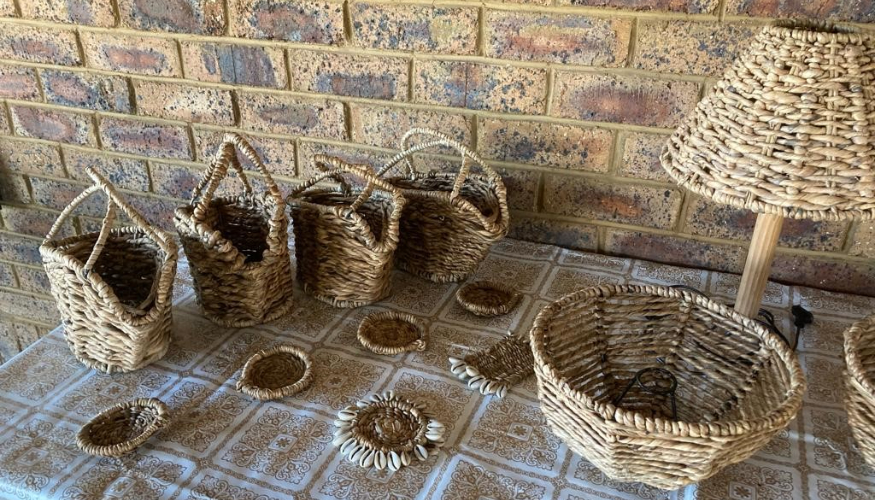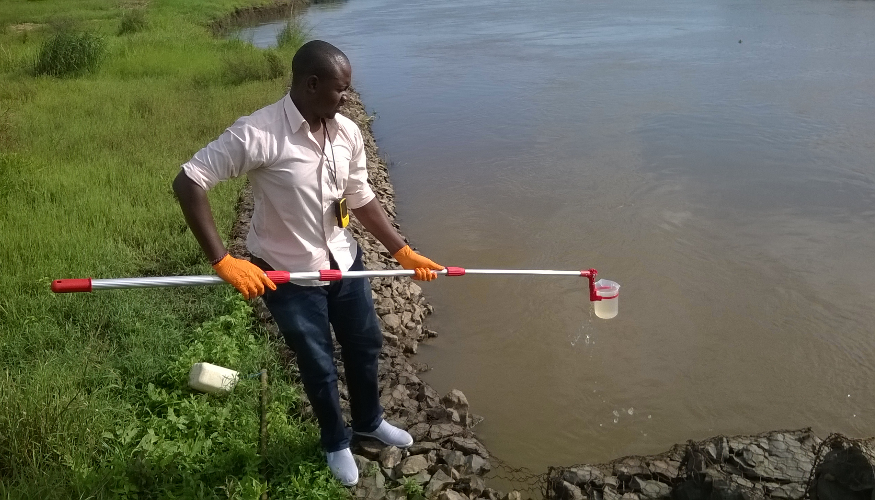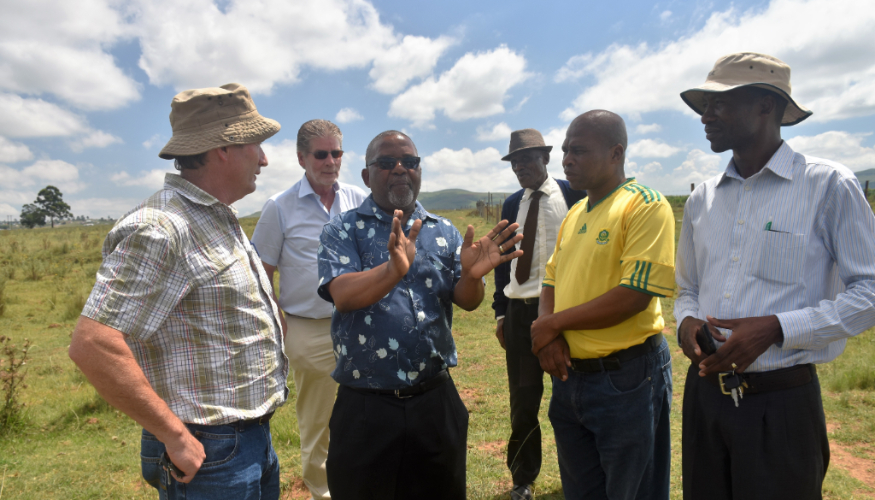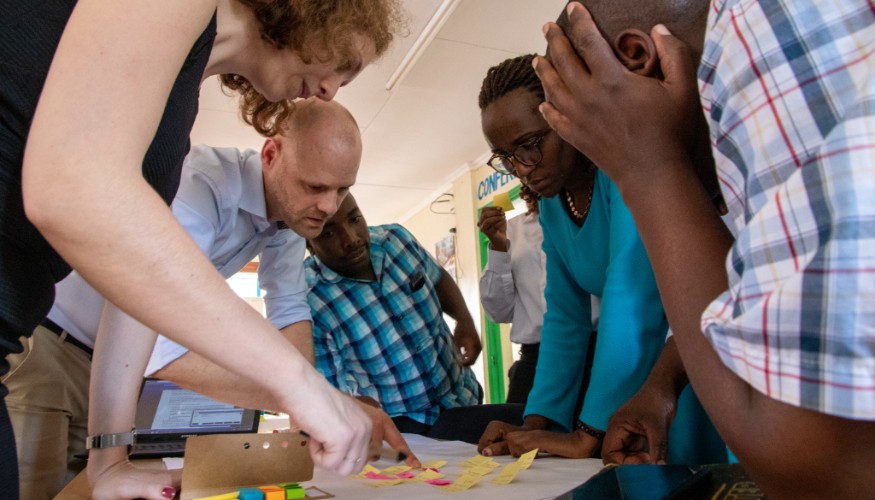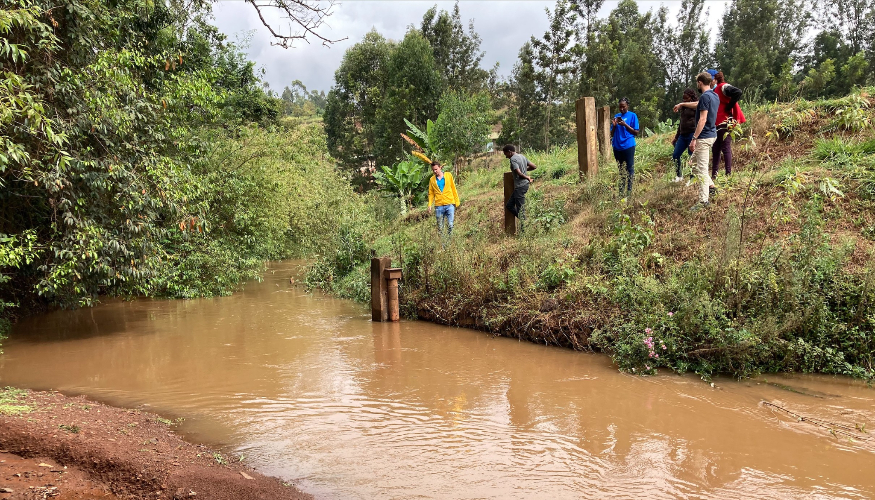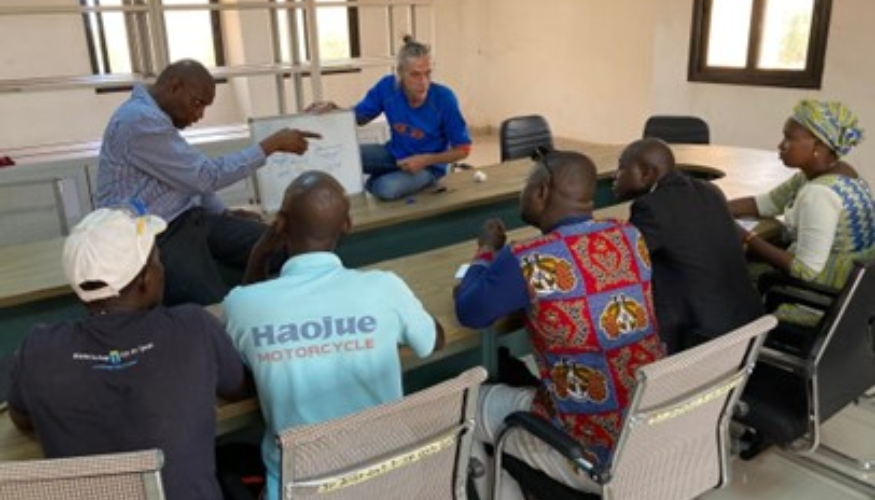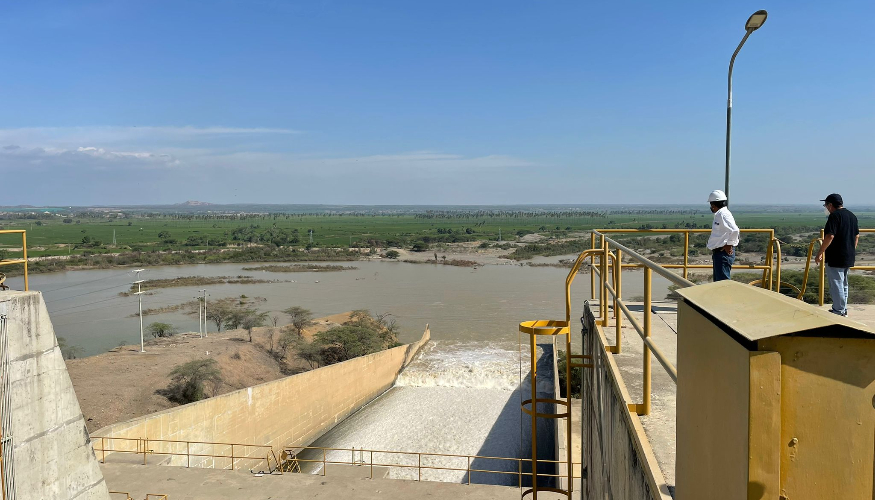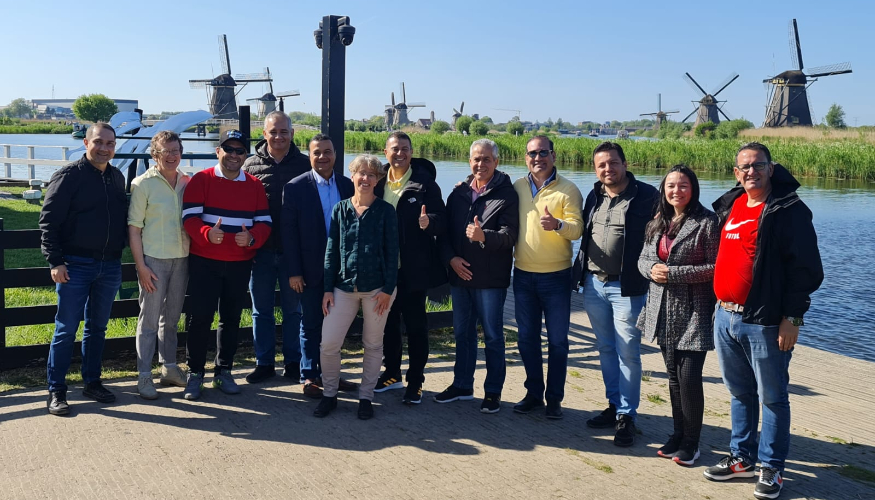In September, 3 wastewater recycling units, or 'BluElephants', were officially launched in Salfeet and Halhul in the West Bank in the Palestinian Territories and are piloted for 2 years.
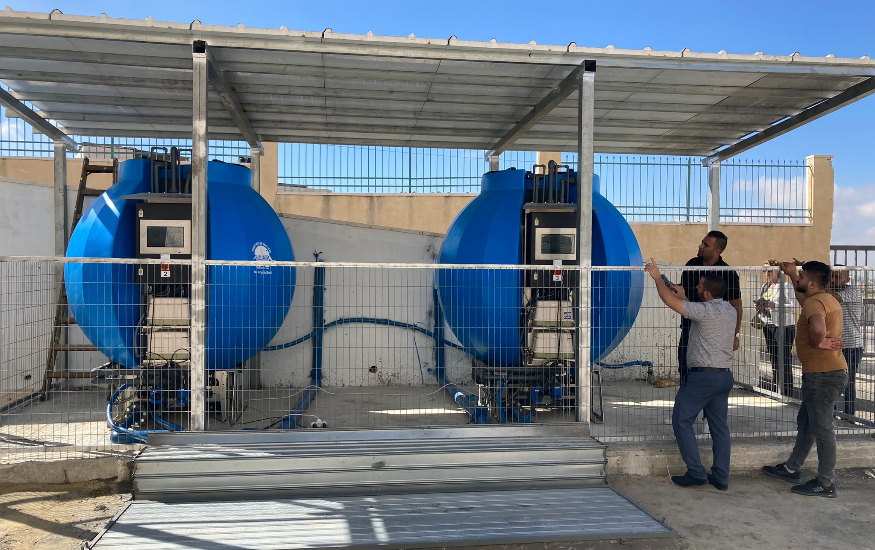
The pilot is part of the Blue Deal partnership together with the WaterWorx programme. The Blue Deal partnership is working on improving water quality and water management in Palestinian Territories.
The units have arrived at the Palestinian locations where there is an urgent need for wastewater treatment: the President Mahmoud Abbas Governmental Hospital in the city of Halhul (two BluElephants) and one at the Red Cresent clinic, office building and apartments in the city of Salfeet.
Urgent need
In most municipalities of the Palestinian Territories there is no sewage wastewater treatment in place and there is an urgent need for wastewater treatment. Like many countries, the Palestinian Territories suffer from severe water shortages due to growing water demands combined with extreme weather events due to climate change. Rivers are running dry and groundwater levels are unprecedentedly low. On top of that, the political situation remains tense, and transboundary water sharing is part of the conflict. Saving, recovering and reusing water is crucial in order to safeguard water supplies today and in the future. Therefore, the launch of the 3 BluElephant units at 3 Palestinian locations was welcomed with open arms.
Proud
Dr. Fadi Danna of the President Mahmoud Abbas Governmental Hospital in the city of Halhul (2 BluElephants) states: “I am so proud to have the BluElephants at the hospital ground and to show the public the need for treating waste water, to ensure a good environment, public health and more water availability. The BluElephant is truly a blessing since Halhul Municipality does not have any collection or treatment system.”
In the coming years, the Dutch-Palestinian Water Operators’ Partnership will closely test and review the functioning and applicability of the units in Palestinian Territories and elsewhere around the world.
